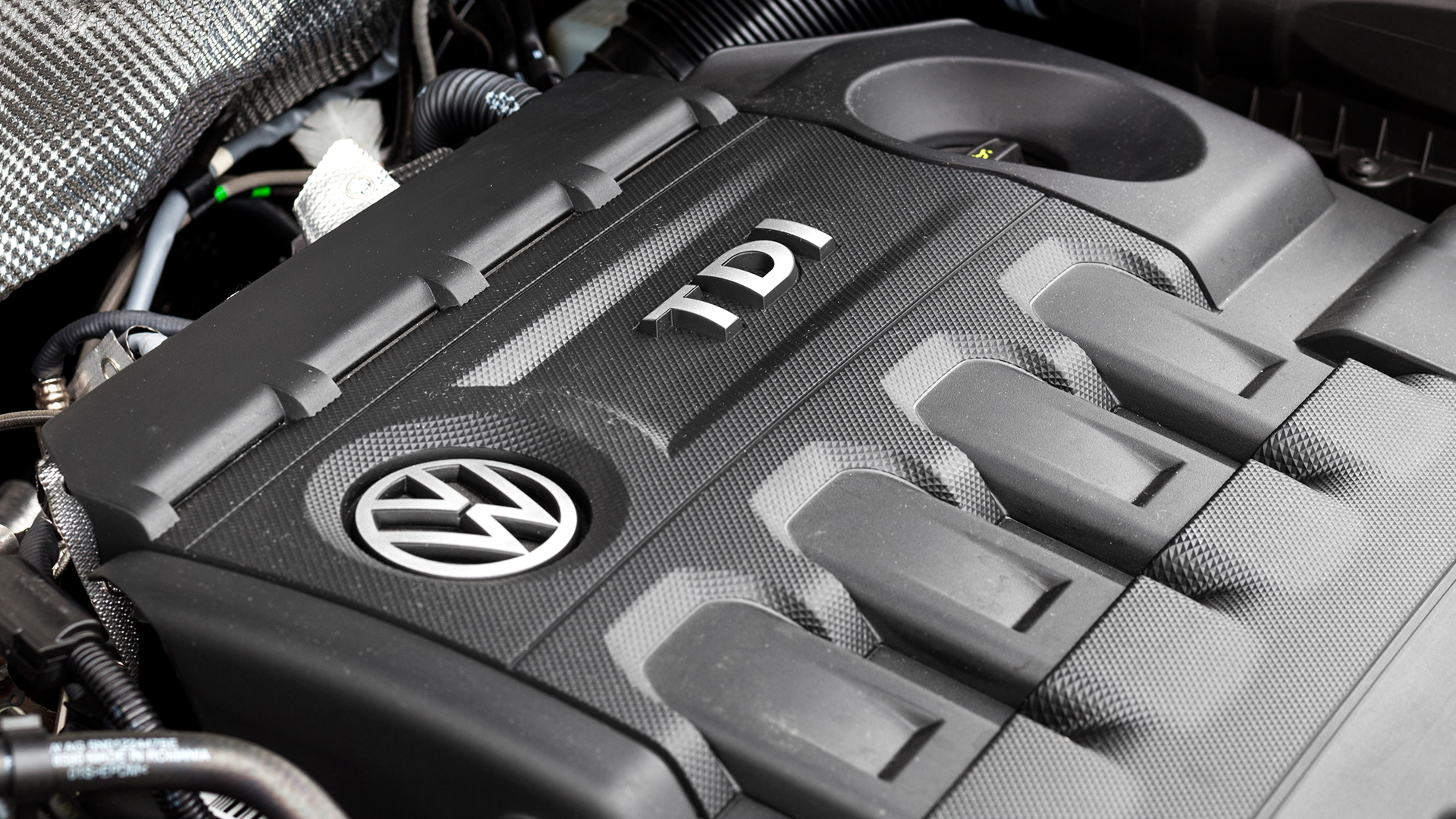

After allegations against Volkswagen AG and its subsidies were reported by German news source Der Spiegel last week, many German auto manufacturers have been up in arms. BMW issued a statement on Sunday stating that it “categorically rejects” all claims made against its company, while Reuters has reported that Volkswagen has called an emergency board meeting to discuss the investigations of “cartel” style behavior by the automaker.
Volkswagen was caught manipulating emissions in 2015 during mandated testing for diesel vehicles sold in the U.S. market. Because of this, more and more manufacturers have been under scrutiny for their identical actions both in the US and worldwide. Volkswagen and affiliated brands have since issued a mandated recall of all affected diesel vehicles. Between fines, recalls, and buybacks, the entire fiasco has rung up a bill teetering around $25 billion.
Now, the coalition of German manufacturers is under scrutiny for working together in a cartel-like fashion to fix the price and design of diesel engines and other components, which may include emission-related devices that were involved in the original Volkswagen dieselgate scandal. This news comes right around the same time when the automakers agreed to tighten their restrictions on diesel emissions to avoid an outright ban on their diesel-powered vehicles in key German cities, including the auto capital of Stuttgart.
Since the allegations surfaced, the European Commission has opened an antitrust investigation after being “tipped off” to the collusion of the three largest German automakers. Volkswagen AG (as well as its subsidies, Audi and Porsche), BMW, and Mercedes are at the business end of the EU’s investigators to verify or denounce any of the claims made against the manufacturers. Because Volkswagen admitted to possible anti-competitive actions earlier this month, this probe will likely heavily focus on all manufacturers indicated in the wake of the investigation. The EU later released a statement confirming that they received a tip, but did not acknowledge any additional pertinent information.
“The European Commission and the Bundeskartellamt [German cartel office] have received information on this matter, which is currently being assessed by the Commission. It is premature at this stage to speculate further,” the EU Commission said, according to CNN.
A Volkswagen spokesperson reportedly confirmed to Reuters that an emergency board meeting is to take place on Wednesday, but did not provide any additional details to the agenda.
Because antitrust laws would call for as much as a 10 percent annual revenue fine, Volkswagen could be looking at another $22 billion in penalties should the EU determine that they have illegally participated in anti-compete behaviors. Other manufacturers could be looking at a similar penalty, though smaller fines due to lower overall revenue.
Little information is available regarding the extent of collusion at this time, however, if it’s anything like the last iteration of the company’s infamous Dieselgate, the German auto industry could be in for a bumpy few months.